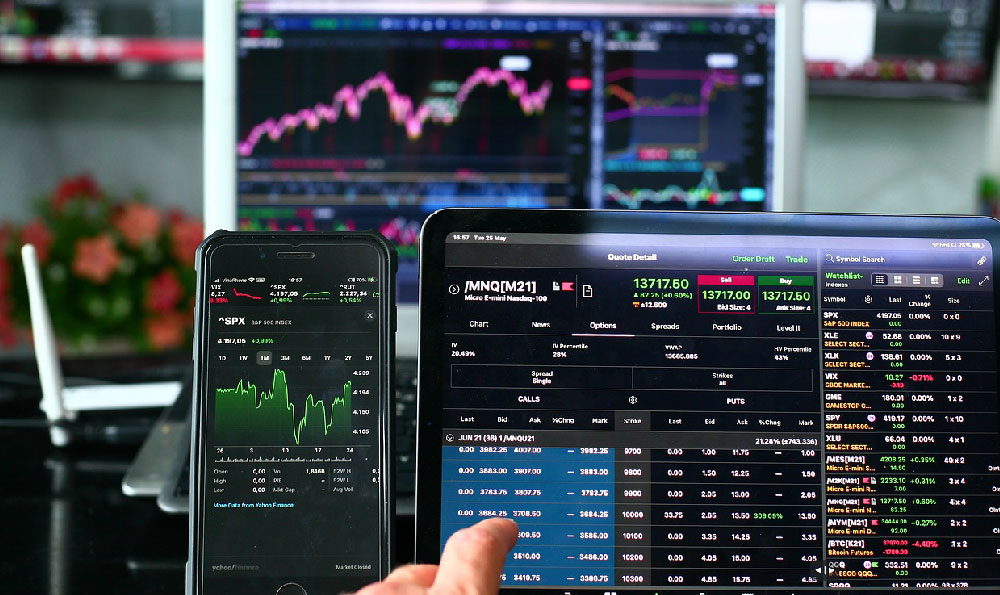Investing in Skyrim shops, while seemingly simple in concept, demands a nuanced approach rooted in understanding the game's mechanics, the economy, and ultimately, the limitations the developers have imposed. Let's delve into the heart of this query – can you truly invest in Skyrim shops, and if so, how can you maximize your returns (within the bounds of possibility)?
The core issue is that Skyrim, unlike some other RPGs, doesn't offer a direct, codified "investment" system akin to buying shares or owning a percentage of a business. You can't walk into Belethor's General Goods and purchase a stake in his Whiterun enterprise. The game mechanics simply don't support that level of financial interaction. However, this doesn't mean you're entirely devoid of avenues for indirectly "investing" in Skyrim's commercial sector.
One of the most common, and frankly, overstated, methods of influencing a shop's prosperity is through the "Investor" perk in the Speech skill tree. Reaching Speech level 70 allows you to invest 500 gold in a shopkeeper's business. The immediate benefit is an increase in the shopkeeper's available gold, effectively boosting their buying power. This means they can purchase more valuable items from you, and it's often cited as a way to encourage them to stock better wares.

However, the impact of the Investor perk is more subtle than many players realize. While the increased gold pool is undeniably useful, it doesn't magically transform Belethor into a master alchemist with a vast inventory of rare ingredients. The shopkeeper's stock is still largely governed by their vendor type and the game's internal algorithms for item generation. You're not drastically altering the fundamental nature of their business; you're simply giving them more capital to work with within the parameters already established by the game.
Another avenue, though less direct and more reliant on player agency, lies in indirectly supporting local businesses through consistent patronage. Regularly selling your loot to a particular shopkeeper fosters a relationship and ensures they have a steady supply of goods to sell to other customers. While this doesn't translate to monetary dividends for you, it contributes to the overall economic health of that shop, which can be beneficial in the long run. A thriving shop is more likely to have a wider range of items available, making it a valuable resource for you as a player.
Furthermore, quests and miscellaneous tasks often provide opportunities to indirectly bolster a shop's standing. Helping a shopkeeper resolve a local conflict, retrieve a stolen item, or eliminate a nearby threat can improve their business's prospects by making the area safer and more appealing to potential customers. These actions might not result in a direct payment, but they contribute to the overall well-being of the shop and the community it serves.
Beyond these actions within the game's defined mechanics, consider the meta-gaming aspect. Skyrim's economy is somewhat dynamic. If you flood the market with a particular item, its value will decrease. Conversely, if you hoard a rare resource, its price will likely increase. By strategically buying and selling goods, you can influence the market prices and create artificial scarcity, benefiting certain shopkeepers who specialize in those items. This requires a thorough understanding of the game's economic principles and a willingness to manipulate the market to your advantage. However, it's important to note that this is a very subtle effect and requires significant effort and capital to produce noticeable results.
The Creation Kit, Skyrim's official modding tool, offers the most profound potential for truly investing in and managing Skyrim's shops. Through modding, you can create new investment systems, add new shops, expand existing ones, and even become a shopkeeper yourself. You could design a system where you purchase shares in a business, receive dividends based on its performance, and even have a say in its management. The possibilities are virtually limitless, constrained only by your modding skills and imagination. Several mods already exist that expand on the existing investment system, adding more depth and complexity to the process. Exploring these mods is highly recommended if you're looking for a more robust investment experience.
It's crucial to understand the limitations inherent in Skyrim's design. The game wasn't built to simulate a complex economic system with intricate financial instruments. Direct investment is largely a superficial mechanic that provides a minor boost to a shopkeeper's available gold. The real opportunities for influencing the economy lie in understanding the game's mechanics, strategically managing your resources, completing quests that benefit local businesses, and, most importantly, exploring the vast potential of modding.
In conclusion, while you can't directly "invest" in Skyrim shops in the traditional sense, you can influence their prosperity through a combination of strategic gameplay, quest completion, and modding. The Investor perk offers a minor boost, but the true potential lies in understanding the game's mechanics and creatively leveraging them to your advantage. For those seeking a truly immersive investment experience, exploring the world of Skyrim modding is highly recommended. Ultimately, "investing" in Skyrim shops is less about acquiring ownership and more about contributing to the overall health and vitality of the game's vibrant commercial ecosystem.












